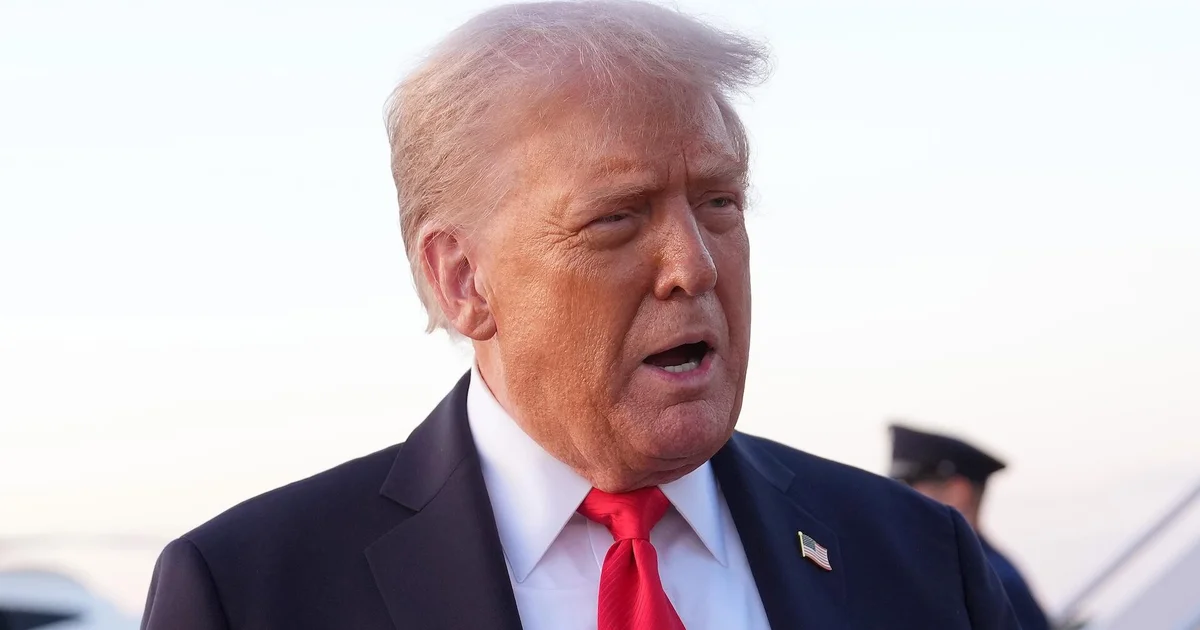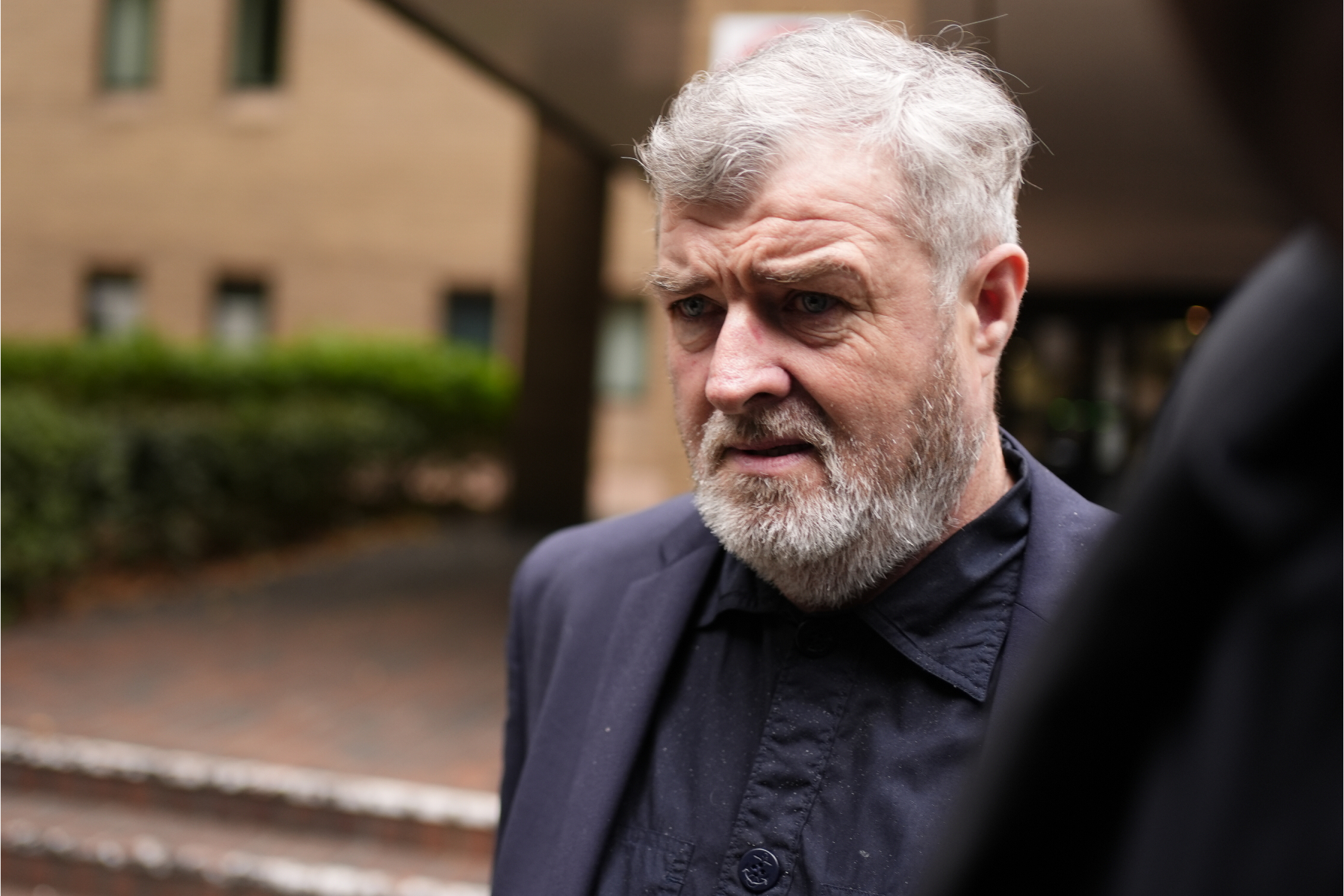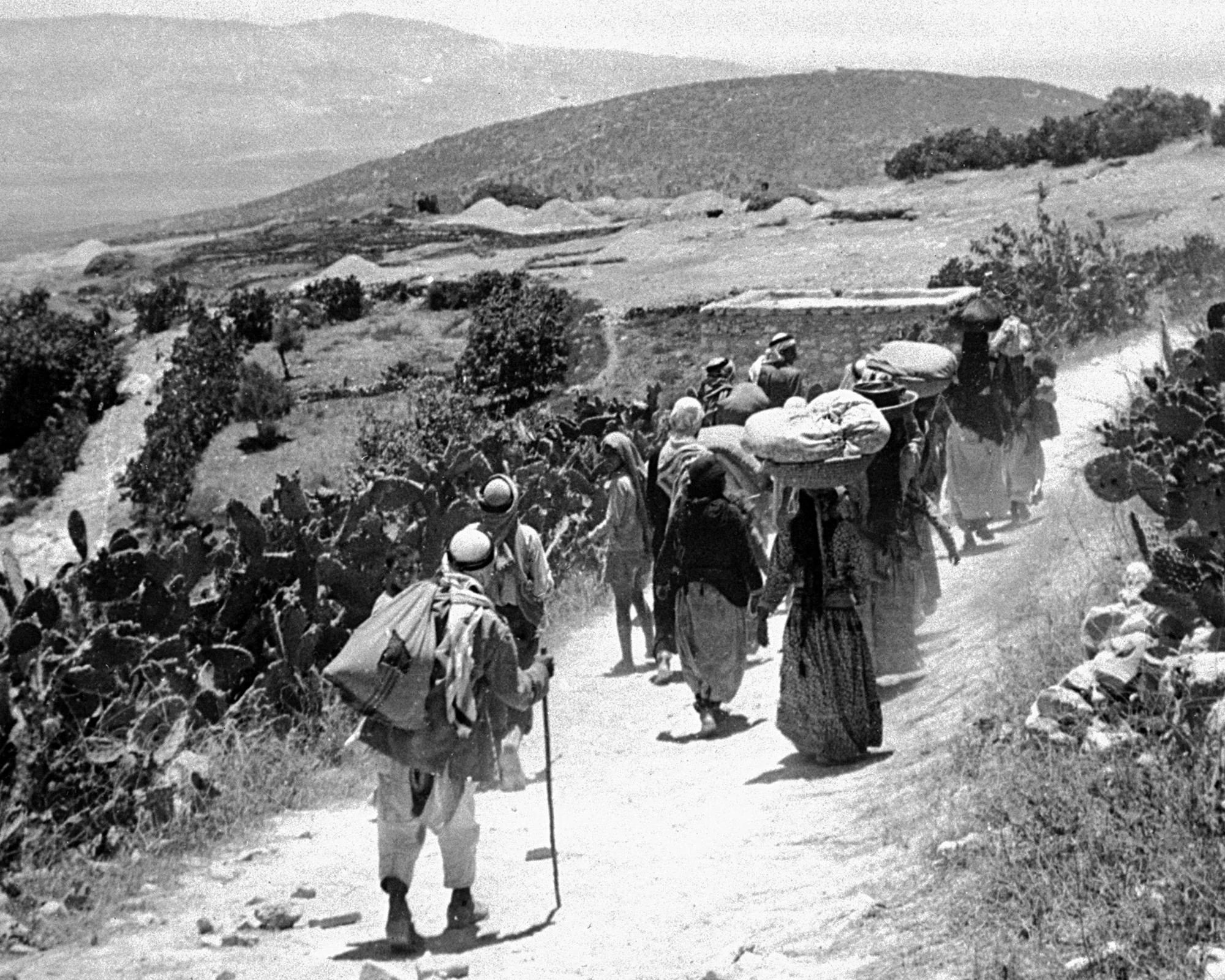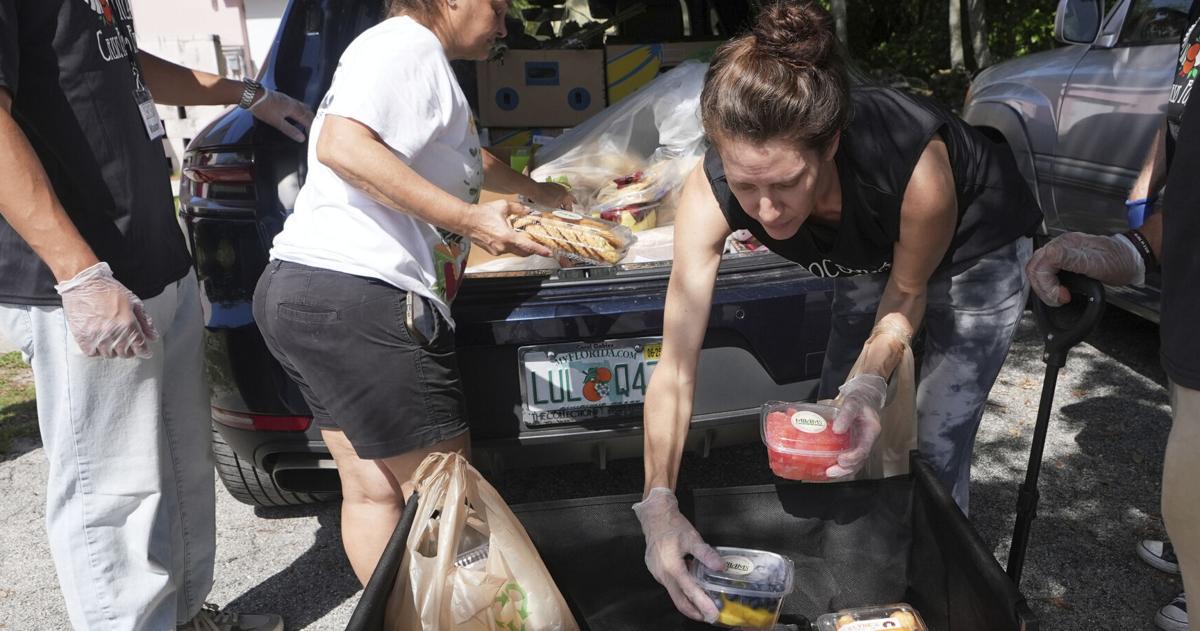By George Eaton
Copyright newstatesman
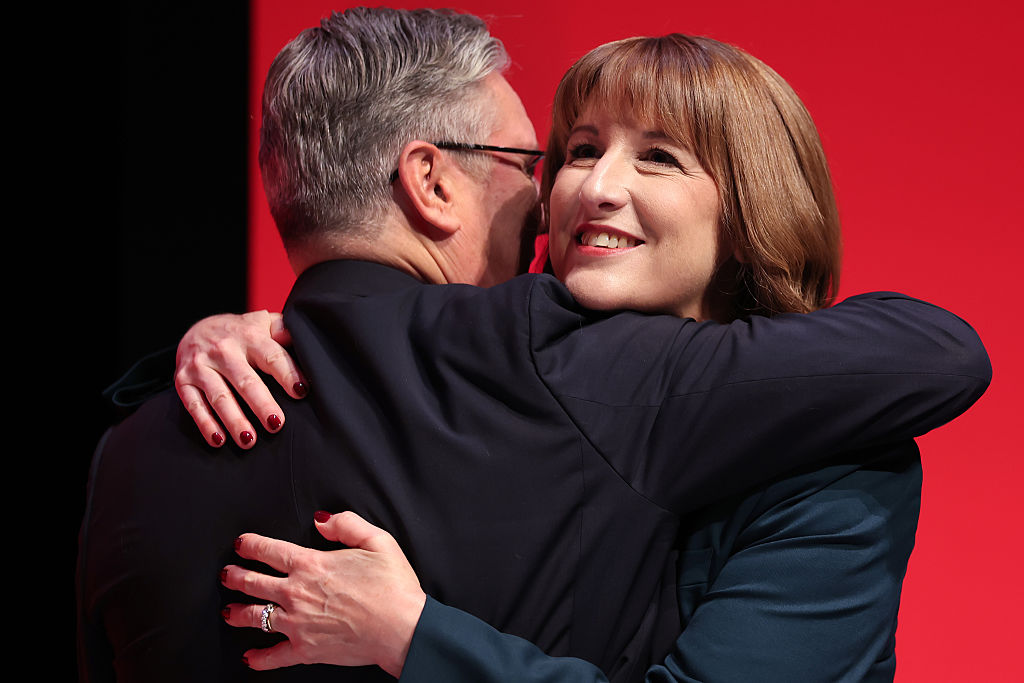
From the outside you might expect Labour conference to be a morose occasion. After just over a year in government, the party is trailing Reform by an average of 11 points; one MRP poll suggested that it would be reduced to fewer than 100 seats if an election was held today.
Except, of course, an election is not being held today. Keir Starmer must go to the country by 15 August 2029. This contest is far enough away for Labour to envisage alternative futures.
As the party strives for recovery, the received wisdom in Liverpool is that two people have done Starmer a favour: Nigel Farage and Andy Burnham. The spectre of the first has provided Labour with the political and moral clarity that it craves: other cabinet ministers have followed Starmer in condemning Reform’s deportation plan as “racist”. Rather than simply reciting “lists of policies and stats”, as one senior figure puts it, Labour can now contest what Starmer calls “a battle for the soul of the country”. A party in thrall to the iconography of struggle – “we will fight, and fight, and fight again,” declared Hugh Gaitskell – has found a new cause.
In the case of Burnham, who revealed he had been invited by MPs to challenge Starmer, his positioning has had a galvanising effect. Plenty at the conference have delighted in concluding that the mayor – not yet an MP – has “overplayed his hand”. By yesterday afternoon, Burnham had agreed that Starmer is the best person to lead Labour and the country. The struggle is over and he loves Big Brother.
But as a Labour thinker observes, there is another reason for the party’s cheer: every one of its main factions believes that it could own the future. Starmer allies contend that Labour has a path to re-election: delivering on living standards, the NHS and borders and then mobilising voters against Farage, a rather unpopular populist.
Soft left critics riposte that “the fundamentals remain the same”: Starmer is enduring levels of unpopularity that no PM has ever recovered from. Next May, when Labour faces contests in Scotland, Wales and London, he risks a painful collision with the electorate. Burnham, some argue, has put himself at the front of the queue to replace Starmer (provided he can clear the many hurdles on the road to a seat).
Those less enamoured with the Manchester mayor have their own candidates of choice. Blue Labour has Shabana Mahmood, the new Home Secretary, who champions its communitarian philosophy and is respected across different wings for her political antennae.
Traditional Blairites, meanwhile, still invest hope in Wes Streeting, one of the party’s most adept communicators, or Bridget Phillipson, brought to new prominence by a spirited deputy leadership campaign.
Others of a more Labourist leaning believe that Angela Rayner’s time could come again – the former deputy prime minister has been repeatedly praised from the conference platform – or that Rachel Reeves, who gave a well-received speech yesterday, could stage a political recovery. “Buy shares in Rachel, sell in Andy,” is the view of one party fixer.
Unlike during the Blair years, then, when Gordon Brown steamrollered his rivals, there is no pre-eminent successor to Starmer. Every side can imagine that their candidate – including the Prime Minister himself – will emerge triumphant. Hope, the essential currency of politics, endures.
This piece also appeared in the Morning Call newsletter; receive it every morning by subscribing on Substack here
[Further reading: Keir Starmer has found an enemy]
